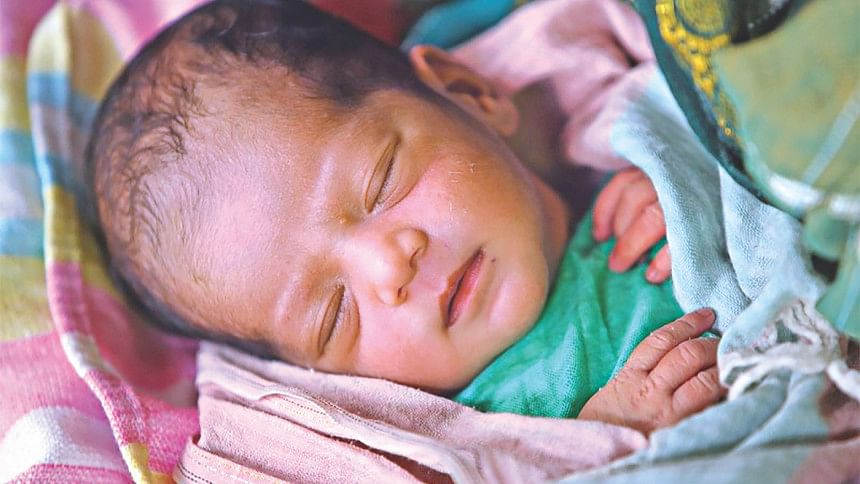HCD rules on prenatal sex determination

On February 3, 2020, the High Court Division of the Supreme Court of Bangladesh issued a rule asking the government to explain as to why they should not be directed to prohibit the gender detection of unborn babies, in order to ensure protection of the unborn and pregnant mothers. In the rule, the court also asked respondents to show cause why their failure to frame a guideline to prevent gender detection of unborn babies should not be declared illegal. Secretaries to the ministries of health, women and children affairs and social welfare affairs, directorate generals of health services, family planning, department of women affairs and national institute of population research and training have been made respondents to the rule.
In the rule, the petitioner lawyer also sought explanation from respondents on why they should not be ordered to maintain a database of diagnosis report of unborn babies conducted by registered hospitals, diagnosis centres and other entities.
It is entirely a cultural reality that in certain parts of the world, the desired child is a male child. Gender discernment facilitates ‘sex-selective abortion’ or female foeticide in many cases when the gender of the unborn happens to be not of the liking of the parents-to-be. Additionally, in many cases, not bearing a male child is considered as the woman’s failure (unscientifically so) and the same paves way for different forms of domestic violence and torture against women. Therefore, prenatal gender determination is found by many as violative of right to life of the unborn and also that of the woman. Allowability of this practice is violative of the principles of equality and non-discrimination as well. It will not be out of place to note that in 1994, India enacted the Pre-Conception and Pre-Natal Diagnostic Techniques Act which banned prenatal sex determination.
It is yet to see how the rule unfolds and how the State responds to the petition.

 For all latest news, follow The Daily Star's Google News channel.
For all latest news, follow The Daily Star's Google News channel. 



Comments